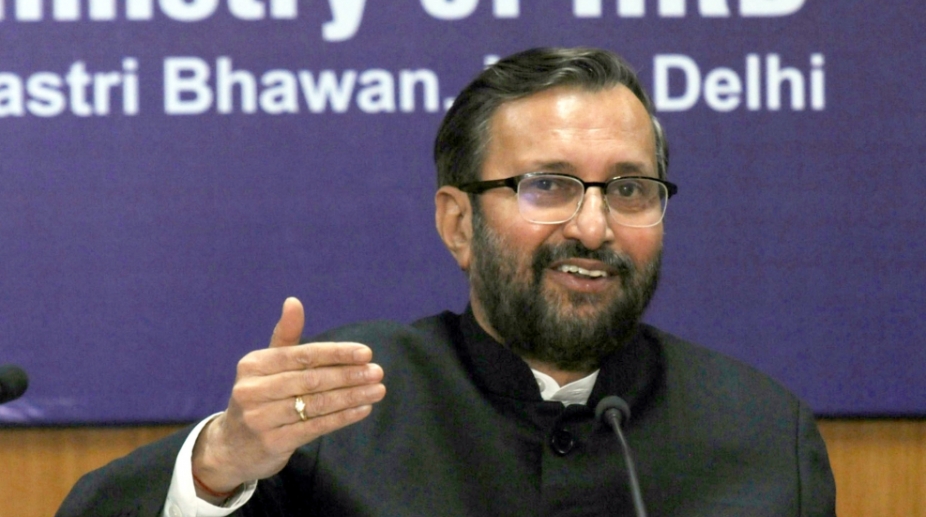In a first-of-a-kind initiative by the government, over 1,200 graduates from the Indian Institute of Technology (IITs) and National Institute of Technology (NITs), Indian Institutes of Science Education and Research (IISERs), and Indian Institutes of Information Technology (IIITs) will spend three years teaching in 53 state-run engineering colleges in backward areas across 11 states and Union Territories.
Union Human Resource Development minister Prakash Javadekar told reporters on Wednesday, 31 January, that the move is aimed to improve the quality of education in backward areas.
Advertisement
“With the initiative, more than one lakh engineering students in the most backward areas would be benefited with better quality education,” he told reporters.
Each of the students who have been selected for the teaching role will be paid a remuneration of Rs 70,000 per month. At the end of three years, they will have the choice of continuing with the role or choose a different career path.
Javadekar said that the 1,225 students were selected from 5000 applicants who responded to the government’s public appeal to M Tech and PhD students. At least 24 per cent of the students hold a PhD qualification.
The Union Minister said that around one lakh students in the developing states will stand to benefit from the initiative.
“We hope that these teachers would contribute to the entire educational eco-system of the backward areas, apart from promoting a start-up culture among students,” Javadekar said.
The government is spending about Rs 375 crore on the initiative. The HRD minister said up to 60% of faculty strength was lying vacant in these colleges, which failed to attract qualified teachers.
The initiative is part of the Technical Education Quality Improvement Project (TEQIP-III) for improving the quality of engineering graduates at a cost of Rs 2,300 crore, to be implemented during the three-year period till 2020.
The states where the students will be sent to teach are Rajasthan, Bihar, Madhya Pradesh, Jharkhand, Uttar Pradesh, J-K, Odisha, Tripura, Uttarakhand, Assam and Andaman-Nicobar Islands.
The minister said that the “bright minds” will act as “agents of change” and bring with them openness to innovation, new methods of teaching, enthusiasm.











